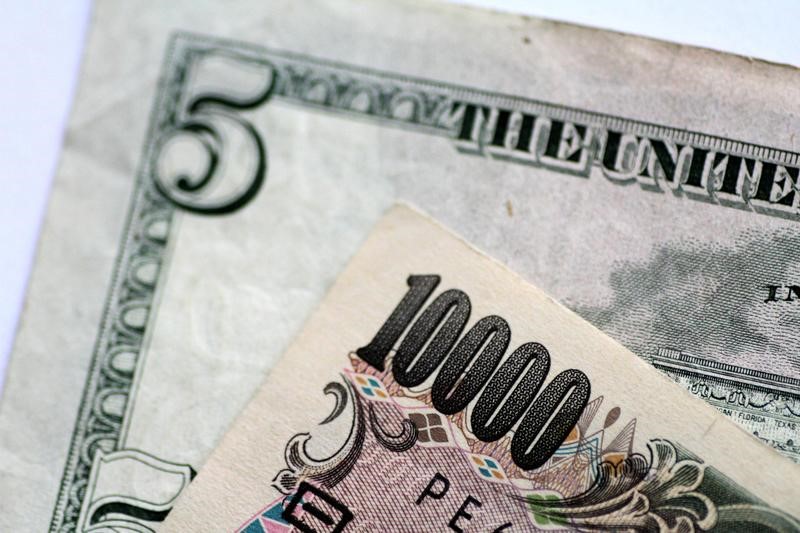On Friday, the Japanese yen reached its strongest position against the U.S. dollar in over a month, strengthened by unexpectedly robust inflation data from Tokyo. The yen’s exchange rate fell around 1% to an alarming low of 150.01 yen per dollar, marking the weakest level since late October. This decline is particularly noteworthy as Tokyo’s inflation reading surpassed forecasts for November, suggesting that price pressures may be more persistent than previously anticipated. Traders are closely monitoring these indicators, which could signal a shift in monetary policy from the Bank of Japan (BOJ).
The inflation figures from Tokyo serve as a significant barometer for national inflation trends, and the recent data is likely to reinforce expectations that the BOJ will maintain a hawkish stance in the coming months. A Reuters poll indicated that many traders are bracing for a 25 basis point rate hike from the central bank in December. Following this trend, BOJ Governor Kazuo Ueda has emphasized the central bank’s readiness to continue increasing interest rates, highlighting what he termed a “virtuous cycle” of rising wages supporting steady inflation.
According to analysts from ING, the new inflation data combined with a solid recovery in monthly economic activity strengthens the likelihood of another rate hike from the BOJ next month. If realized, this would mark the BOJ’s third rate increase in 2024, following its decisions to conclude nearly a decade of negative interest rates and to tighten its monetary policy as inflation escalated. The impetus for these changes in policy largely stems from a significant rise in wages this year, which has bolstered private spending and overall inflation metrics.
UBS analysts further anticipate that wages in Japan will continue to increase in 2025, potentially setting the stage for additional rate hikes by the BOJ. This upward pressure on wages represents a critical factor in the bank’s decision-making process as it navigates the complex dynamics of inflation and economic growth. Moreover, the bank is expected to take active steps to support the yen, which has faced challenges due to a significantly stronger dollar throughout November.
The outlook for Japanese equities has turned cautious in light of the anticipated high-interest environment. Notably, the Nikkei 225 index declined by 0.7% on Friday, while the Topix index fell by 0.6%. This market sentiment reflects investor apprehension about the potential trajectory of interest rates and its implications for corporate profitability and economic growth. The prospect of sustained higher rates has led to increased volatility in the stock market, as participants reassess their positioning in reaction to both domestic and international economic indicators.
In conclusion, the combination of stronger-than-expected inflation data and the possibility of impending rate hikes by the Bank of Japan is shaping the current economic landscape in Japan. While some analysts express optimism about the potential for wage growth to further influence monetary policy, others caution about the negative ramifications for the stock market in light of this evolving monetary environment. Investors are keenly observing how these factors will unfold and affect both currency and equity markets as Japan adapts to changing economic conditions.


